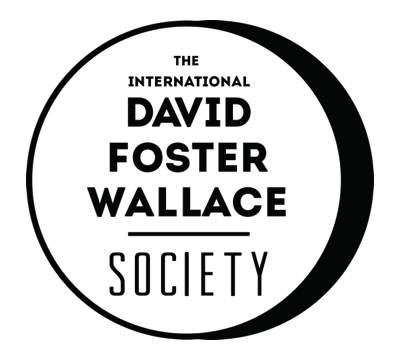Vern Cisney will be chairing a panel (maybe more!) for the second year in a row on the topic of David Foster Wallace. See the CFP below. Submissions must be submitted directly to the MAPACA website (link below). MAPACA 2019 will be November 7-9 at the Pittsburgh Marriott City Center, Pittsburgh, PA.
Even if you don’t go to present, it’s a fantastic conference. Board members Danielle Ely and I attended last year and had a wonderful time (and, of course, learned a lot).
Submission Details: Proposals of no more than 300 words must be submitted through the conference website. You will need to create a MAPACA web account (instructions can be found at the website).
Hard Deadline: Proposals must be submitted no later than Sunday, June 30th, 2019.
For more information, consult the website: MAPACA.net
For details regarding submissions and creating a MAPACA account, consult the following: https://mapaca.net/help/conference/submitting-abstracts-conference
Call for Proposals
The American Studies Area of the Mid-Atlantic Popular and American Culture Association is seeking submissions of an interdisciplinary nature, focusing on the work of American author, David Foster Wallace (1962-2008). Wallace’s writing is situated at the intersections of literature, philosophy, television, cinema, popular culture, postmodernism, and social criticism. The author of the 1079-page masterpiece, Infinite Jest, Wallace explores the human experience through the ethos of the American dream, exposing and challenging its illusory seductions and their concomitant tendencies toward addiction and self-destruction, with a rare mixture of fearlessness and insight. His work thus continues to provide invaluable provocation on the questions of who we are, and who we can be.
Suggested topics/questions include, but are not limited to, the following:
- What insights does Wallace’s work offer into the nature of addiction and recovery?
- Does Wallace provide a basis for political engagement?
- In what ways does Wallace’s writing challenge and/or reinforce patriarchy?
- Is Wallace a thinker of affirmation or despair?
- What purpose does religious language serve in Wallace’s writing?
- How does Wallace’s famous ‘E Unibus Pluram’ apply in the age of streaming and smartphones?
- In what ways does Wallace’s work challenge/intersect with other American authors, artists, or philosophers?
If you have any questions, please contact Vern: [email protected] or MAPACA American Studies Chair Meredith Guthrie: [email protected]
